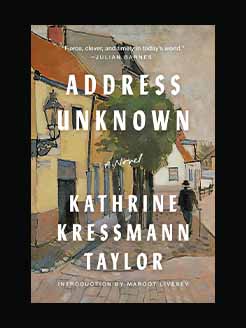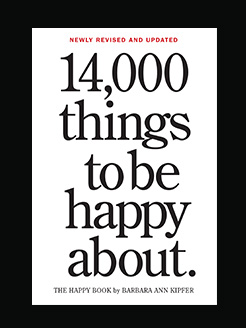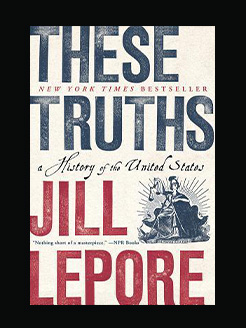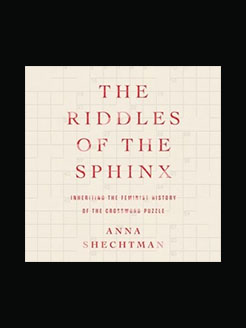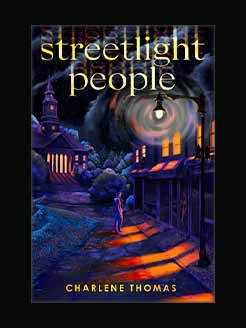Published in 2015
515 pages
Born in Milan, Italy, Renata Adler grew up in Danbury, Connecticut after her parents had fled Nazi Germany in 1933. After attending Bryn Mawr, The Sorbonne, and Harvard, she became a staff writer-reporter for The New Yorker. She later received her J.D. from Yale Law School, and an Honorary Doctorate of Laws from Georgetown University.
Adler’s essays and articles have been collected in Toward a Radical Middle (1969) and A Year in the Dark (1970), Reckless Disregard (1986), and Canaries in the Mineshaft (2001). Renata Adler is also the author of two successful novels Speedboat (1976) and Pitch Dark (1983). Both novels are composed of seemingly unconnected passages that challenge readers to find meaning. Like her nonfiction, Adler’s novels examine the issues and mores of contemporary life.
In 1987, Adler was elected to the American Academy of Arts and Letters. That same year, she received an honorary doctorate from Georgetown University. Her “Letter from Selma” has been published in the Library of America volume of Civil Rights Reporting. An essay from her tenure as film critic of The New York Times is included in the Library of America volume of American Film Criticism. In 2004, she served as a Media Fellow at Stanford’s Hoover Institute.
What is this book about?
What is really going on here? For decades Renata Adler has been asking and answering this question with unmatched urgency. In her essays and long-form journalism, she has captured the cultural zeitgeist, distrusted the accepted wisdom, and written stories that would otherwise go untold. As a staff writer at The New Yorker from 1963 to 2001, Adler reported on civil rights from Selma, Alabama; on the war in Biafra, the Six-Day War, and the Vietnam War; on the Nixon impeachment inquiry and Congress; on cultural life in Cuba. She has also written about cultural matters in the United States, films (as chief film critic for The New York Times), books, politics, television, and pop music. Like many journalists, she has put herself in harm’s way in order to give us the news, not the “news” we have become accustomed to—celebrity journalism, conventional wisdom, received ideas—but the actual story, an account unfettered by ideology or consensus. She has been unafraid to speak up when too many other writers have joined the pack. In this sense, Adler is one of the few independent journalists writing in America today.
This collection of Adler’s nonfiction draws on Toward a Radical Middle (a selection of her earliest New Yorker pieces), A Year in the Dark (her film reviews), and Canaries in the Mineshaft (a selection of essays on politics and media), and also includes uncollected work from the past two decades. The more recent pieces are concerned with, in her words, “misrepresentation, coercion, and abuse of public process, and, to a degree, the journalist’s role in it.” With a brilliant literary and legal mind, Adler parses power by analyzing language: the language of courts, of journalists, of political figures, of the man on the street. In doing so, she unravels the tangled narratives that pass for the resolution of scandal and finds the threads that others miss, the ones that explain what really is going on here—from the Watergate scandal, to the “preposterous” Kenneth Starr report submitted to the House during the Clinton impeachment inquiry, to the plagiarism and fabrication scandal of the former New York Times reporter Jayson Blair. And she writes extensively about the Supreme Court and the power of its rulings, including its fateful decision in Bush v. Gore
